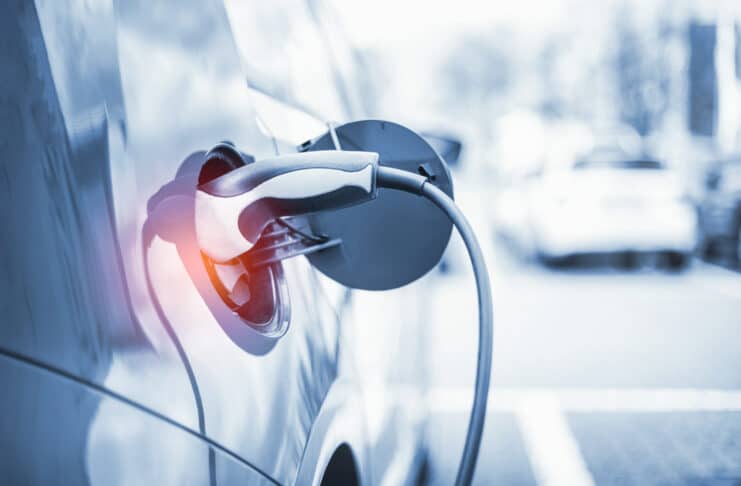The list of challenges confronting the green energy transition extends right to the contents of the batteries that are supposed to store, deliver and sustain our new all-electric future.
At the top of the list are the rare earth metals that go into those batteries – the supplies of which are firmly in China's control. That control – which includes the power to limit or outright ban exports of rare earth metals, poses a big threat to the carbon emissions goals promises of Western politicians:
China's Ministry of Commerce announced Friday it would require foreign companies to apply for permits to receive shipments of raw and synthetic graphite starting Dec. 1, citing national security concerns, per state media reports.
Chinese officials also recently limited the export of two minerals — gallium and germanium — used for military technologies, virtually cutting off all access to those supplies.
Well, fine. We'll just get those materials from some other place, right?
Possibly. Finland may be a robust new source of some of those essential materials. U.S. production has genuine promise, too.
But will such efforts be enough to meet the substantial demand for batteries – not just for electric cars, but a host of other energy storage and distribution needs as well?
That's an open question. Remember: mining is messy, dangerous, and potentially destructive. As much as some people love their EV and what they assume is its role in saving the planet, they really have no concept of the carnage needed to get it moving.
Which applies to traditional transportation too.
But on the energy front, the messiness of sourcing battery materials points to the need for a wider portfolio of energy sources:
Even if the United States were to force some transition to EVs through policy, it is important to keep in mind that climate change is a global phenomenon, and other countries are unlikely to adopt the same policies as the United States if they incur costs. There is also a problem with domestic policy where proposed rules, like the EPA's ZEV rule, are justified based on hypothetical mineral production and cost reductions for EVs that may or may not materialize.
From a policy perspective, the real takeaway is that the world is a lot messier than net-zero analyses hypothesize, and Chinese mineral export restrictions are just the latest wrench in the works. For this reason, policymakers should always push for agnostic methods of achieving pollution abatement rather than focusing on specific solution sets.
In other words, diversify – and let innovation, not politics, determine where resources should be allocated.
The opinions expressed in this article are those of the author and do not necessarily reflect the positions of American Liberty News.
READ NEXT: New York Ratepayers Learn The True Cost Of Green Energy, Are Politicians Next?


